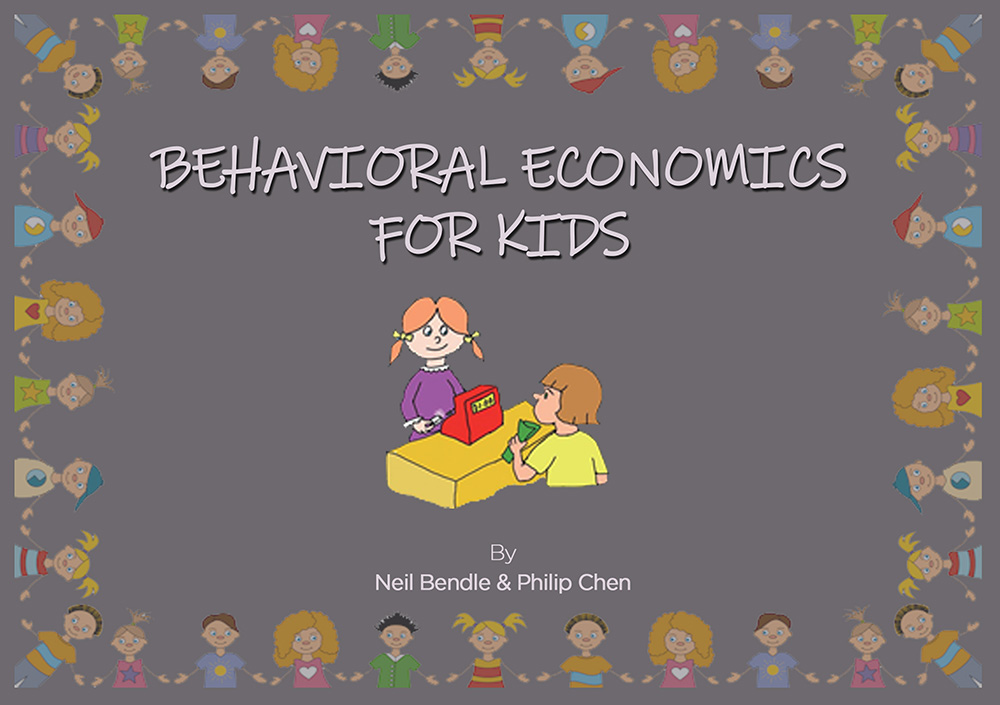I’m traveling to my ten-year MBA reunion [written in 2014]. As such, it seems an appropriate time to consider how we predict the future. Ten years ago I would never have predicted that I’d be a marketing professor living in Canada [now in US]. Interestingly, I wonder whether I would even have wanted to become a marketing professor living in Canada. The past me and the present me aren’t able to chat which is a shame. (I find myself endlessly interesting perhaps, therefore, I was right to become an academic.) How then do you go about making your future self happy?
Decisions About The Future
We all make decisions that impact our future selves but we don’t really know what our future selves will want. Dan Gilbert’s book Stumbling on Happiness covers this. This book became quite popular as it is engaging and full of interesting findings.
Gilbert talks about how we predict what we will want in the future. Generally, people expect to prefer spaghetti in the afternoon than in the morning. When mildly distracted, however:
..hungry volunteers expected to like spaghetti the next day (no matter [what time of the day] they ate it) and sated volunteers expected to dislike spaghetti the next day (no matter when they ate it).
Gilbert 2007, page 150/1
With only a mild distraction the volunteers found themselves relying on their current feelings to predict how they’d feel later. This is even though it is reasonable to conclude they are likely to feel different later.
Making Your Future Self Happy
The key takeaway from Gilbert’s work: We are all pretty terrible at predicting what will make ourselves happy in the future. Don’t worry too much about that. With a bit of luck, you might be happy with what you get.
Let me note that I admire Dan Gilbert for another reason. He has managed to crossover to stardom in the real world. Several academics have written successful books but Gilbert has also secured his own advertising campaign (for Prudential). The advertisements are decent enough. That said, the exciting thing, to my mind, is that an average-looking middle-aged academic gets to star in them. Let me just say I’m available and, for obvious reasons related to my lack of celebrity, I’m willing to listen to any offer at all. I’m accepting offers from a major life insurance company to the local chip shop. Will doing a TV advertisement make me happy? Who knows? We are terrible at predicting that sort of thing but I’d like to give it a go.
For more on behavioral economics, including dealing with the future, see my cartoon book here.

Read: Daniel Gilbert (2007) Stumbling On Happiness, Vintage Books, New York
